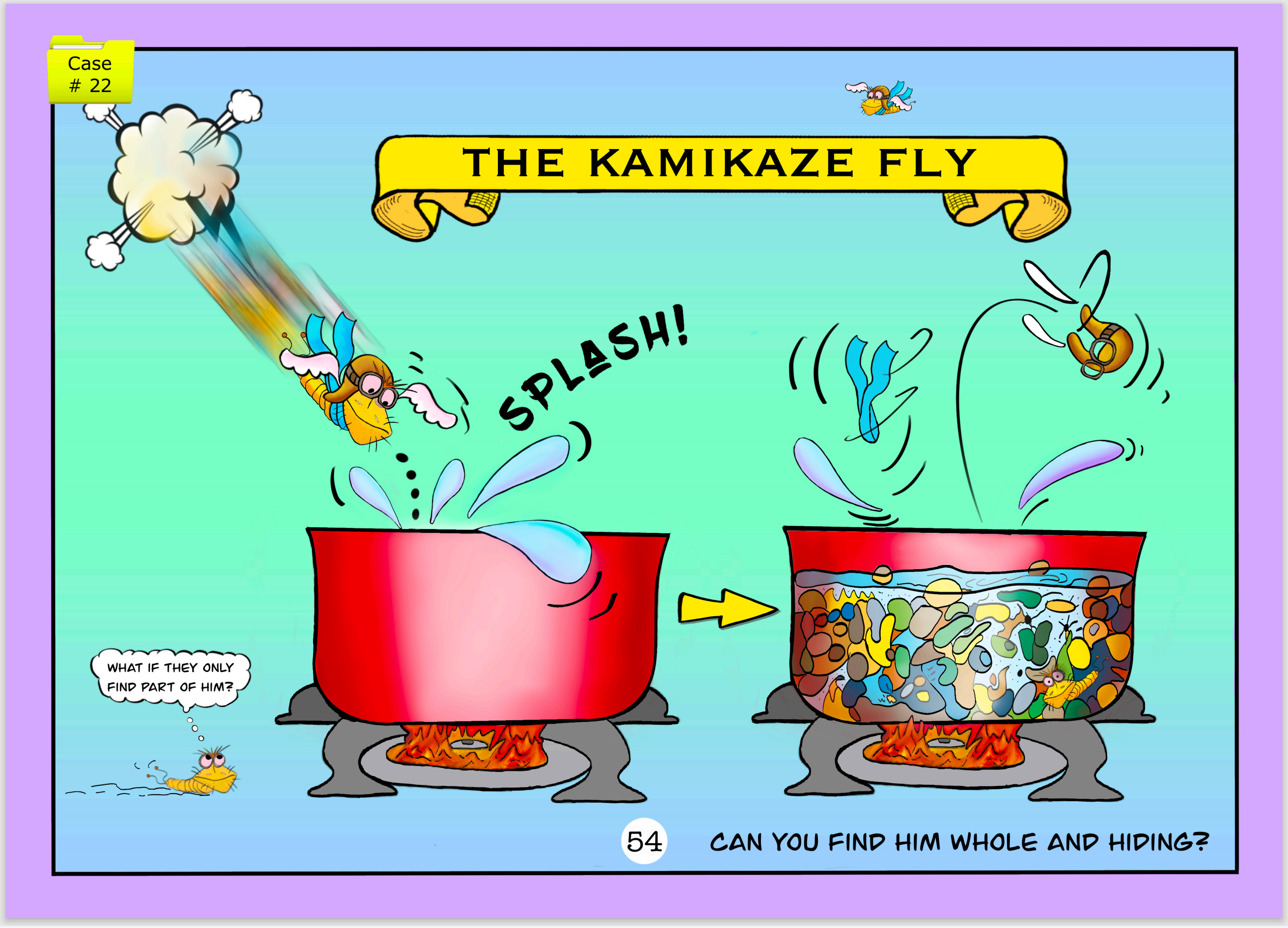“Speak to Bnai Yisrael and say to them: When a man or woman who yafli (shall dissociate) himself by taking a Nazirite vow of abstinence for the sake of Hashem. (6:2) …he is holy to Hashem. (6:8)”
Simeon Hatzaddik said: Only once in my life have I eaten of the trespass-offering brought by a nazir that became tameh. On one occasion a nazir came from the South country, and I saw that he had beautiful eyes, was of handsome appearance, and with thick locks of hair symmetrically arranged. I asked him: 'My son, what [reason] did you see to destroy your beautiful hair?' He replied: 'I was a shepherd for my father in my town. [Once] I went to draw water from a well, gazed upon my reflection in the water, whereupon my evil desires rushed upon me and sought to drive me from the world [through sin]. But I said to it [my lust]: "Wretch! why do you take pride in a world that is not yours, in one who is destined to become worms and dust? I swear that I will shave you off [his beautiful hair] for the sake of Heaven."
I immediately arose and kissed his head, saying: ‘My son, may there be many nazirites such as you in Israel! Of you the Holy Torah says: When a man or woman who shall dissociate himself by taking a Nazirite vow of abstinence for the sake of Hashem.’ (Nedarim 9B)
Until this young shepherd came along, Simon Hatzaddik would not eat the Korban of a Nazir. He held that the average Nazir was not completely sincere (and he would eventually regret his neder), therefore the korban would also be botal and it would have the din of chullin b’azara. What did he see in this young shepherd that made him do differently this time?
To understand what Shimon Hatzadik saw we have to understand the definition of the world “yafli” quoted in the pasuk. Yafli can mean disassociate (Rashi) or it can mean “who shall do something astounding” (Ibn Ezra) for it is truly uncommon for someone to take a vow that will cut him off from physical pleasures that others find exciting. However, is refraining from wine and not cutting one’s hair for thirty days so outstanding? Is this something we can really get excited about and praise someone with the title of a holy person? Wouldn’t supporting a Kollel or opening a soup kitchen be much more inspiring? In perspective to other mitzvahs we must ask again, why did Shimon Hatzadik become excited about the simple promise of this young shepherd?
Shimon Hatzadik saw the young shepherd was motivated purely l’shaim shamayim. He was by himself when he made the neder – no one saw and no one heard. He was looking at his reflection and therefore he was completely self-motivated, it was not done to seek approval of anyone else. Therefore, it was totally kadosh. This was truly astounding and worthy of the mizbaiach!
Contrastingly, Chazal tell us that there are times when a person does a great mitzvah but its value is minimal. This is in a case where a person is also motivated by honor or wealth while doing the mitzvah. Perhaps a person is motivated to do a mitzvah in order to fit in to society. Even though there is credit for such mitzvahs, they do not reach the height of a simple mitzvah done in purity where no one sees.
Furthermore, in this parsha we see just how much Hashem loves each and every mitzvah. Hashem describes in detail the sacrifices of each Nasi even though they are exactly the same. Since each letter of the Torah is precious, one would think that we could describe the sacrifices one time and add the names of the nasi’im. Instead, Hashem writes whole paragraphs about each nasi to show his love for the mitzvahs. Even if everyone is doing the same mitzvah, for example sitting in a shiur or praying in shul, it does not lose value through its commonality.
No Jew is a simple Jew. We all have the ability to reach great spiritual heights. It does not take a sharp mind, great wealth or to be a baal m’chadesh. All it takes is to dedicate oneself to do Hashem’s mitzvahs. The opportunities are everywhere!
Over the years people have asked me if I would ever draw cartoons depicting some of the cases found in Yora Daya. Well, the answer is yes! I recently published a sefer called The Great Game of Kashrut. Click on the link to find out more: The Great Game of Kashrut

To order a copy of The Great Game of Kashrut follow this link: The Great Game of Kashrut
If you would like to dedicate a Davar Torah in honor of a special occasion or in memory of a beloved family member please contact Yisroel Simon at yisroel@judaism613.com.
Good Shabbos,R’ Channenjudaism613.org